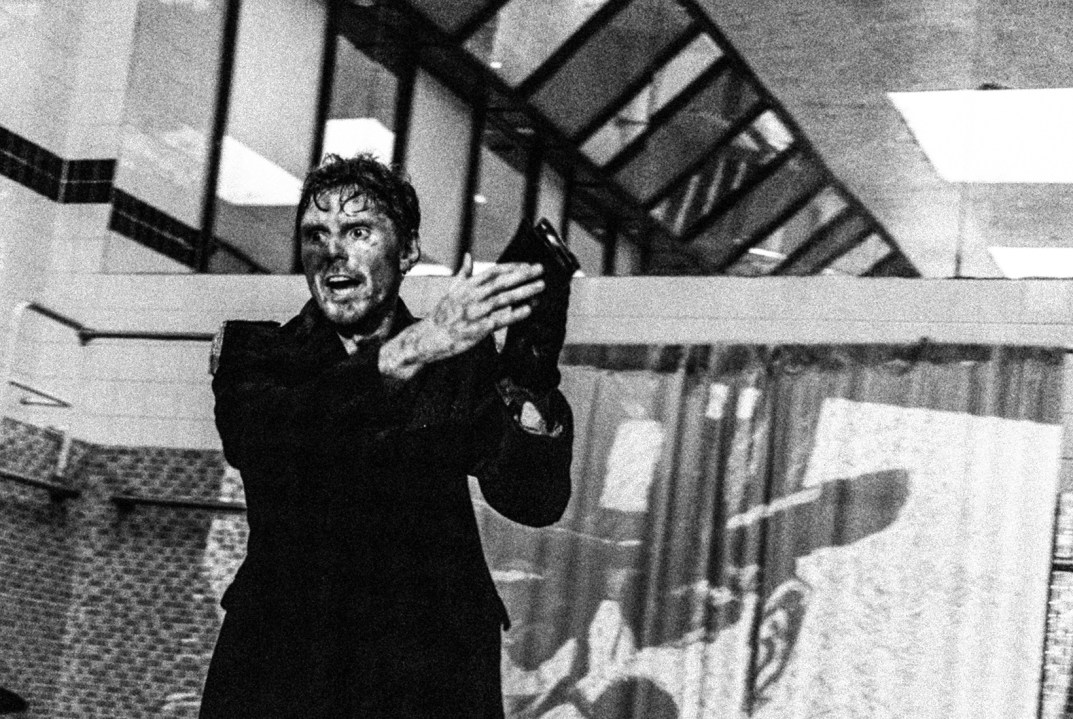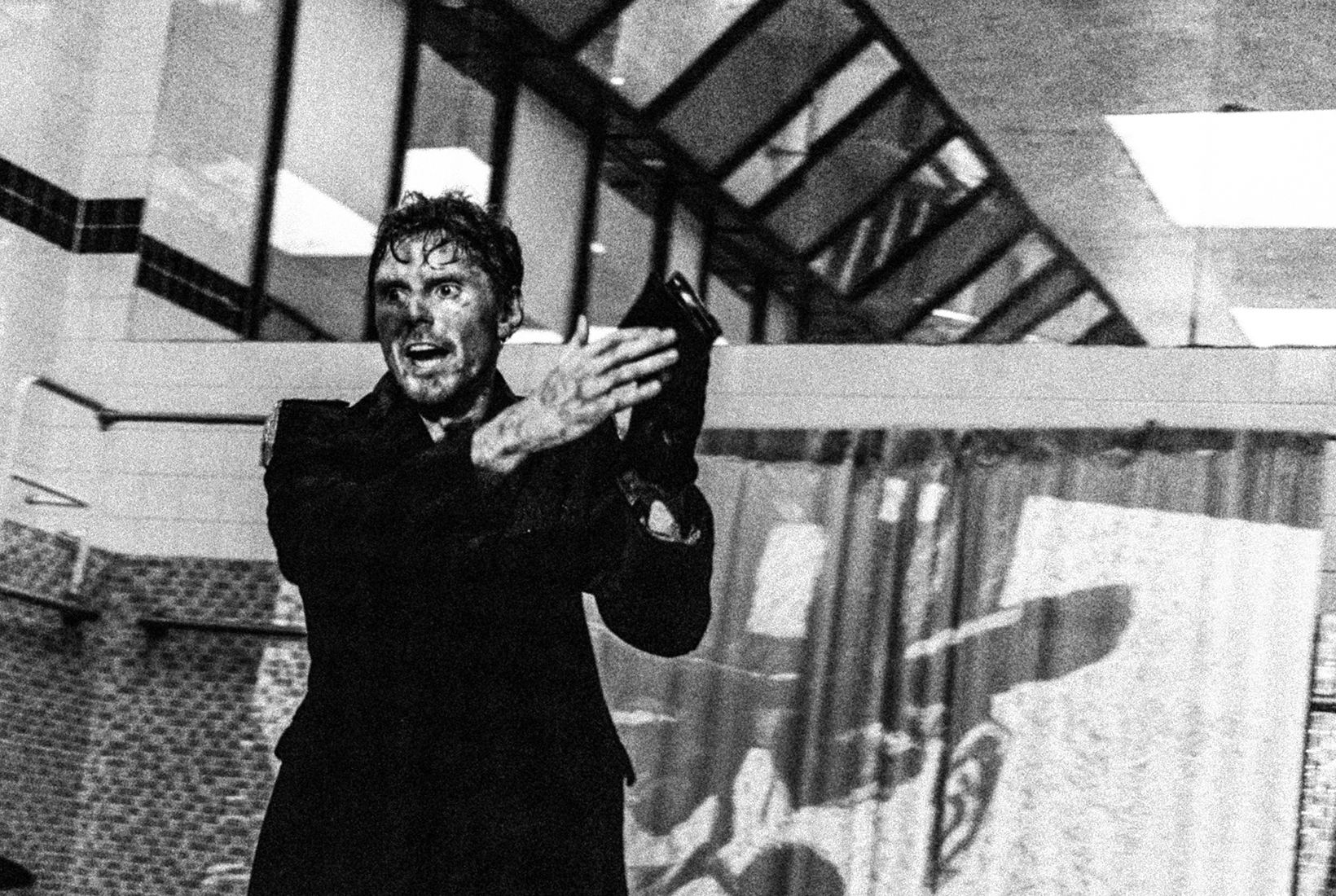Among the first to arrive was a Labour grandee. Then others drifted over: academics, musicians, writers, a nurse. They came from different directions, some looking shifty, others excited. The secret meeting point was an inconspicuous pub in north London. Queueing shoppers nearby assumed the growing crowd was waiting to get into the supermarket. In groups of five those gathered were led down a suburban street to a derelict leisure centre. For one night only, the gym had been turned into a makeshift theatre. The audience, of up to 30 people, had congregated to flick a collective V at the social distancing measures, and to watch A Hero of Our Time, a three-hander adapted by HUNCHtheatre from the 1840 novel by Mikhail Lermontov. Inside the ‘theatre’, it was as if the past four months had been a very weird dream. Audience members kissed one another on the cheek without compunction, shared wine, and finally settled shoulder to shoulder on the floor to watch. There was not a face mask in sight.
Since the lockdown began on 23 March, Britain’s cultural life has moved online. Gigs are streamed and books launched on Zoom. Art made in captivity is relayed in anaemic photos on social media. For some the transition to digital has been intuitive, beneficial even: the number of people who participated in this year’s digital-only Hay Festival was almost double the number who normally buy tickets.
But broadly it’s been a dire time for people in the arts. Many are freelance and are neither on furlough nor qualify for government support. Incomes have vanished overnight. A recent study by the forecaster Oxford Economics found that coronavirus will wallop Britain’s creative industries twice as hard as it will impact the economy overall. More than 400,000 jobs are expected to go, and revenues are forecast to drop by £74 billion.








Comments
Join the debate for just £1 a month
Be part of the conversation with other Spectator readers by getting your first three months for £3.
UNLOCK ACCESS Just £1 a monthAlready a subscriber? Log in